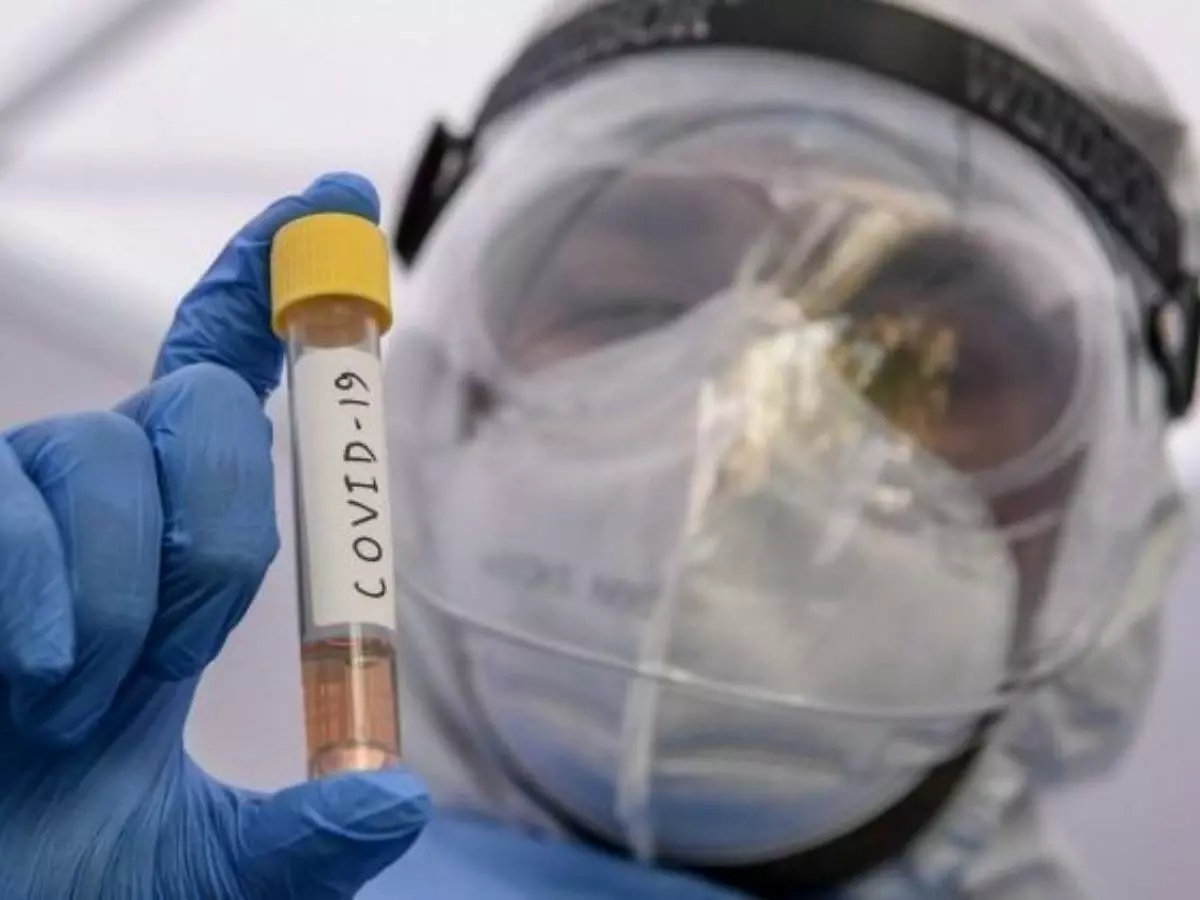Oxford Researchers' New COVID-19 Test Gives 100% Result In 5 Minutes
The antigen test is capable of detecting the novel coronavirus with high accuracy at the same time it also can easily distinguish between SARS-CoV-2 and other coronaviruses.

COVID-19 isn't going away from our world anytime soon -- at least till we don't get our hands on an effective vaccine that takes down the novel coronavirus.
Until then, our best hope is to detect COVID-19 as promptly as possible in order to provide care instantly to the infected.
 Reuters
Reuters
For this, researchers around the world have been working on rapid testing methods. And now, A Reuters report reveals that scientists from Oxford University in the UK have developed their own antigen test that takes less than five minutes to detect the presence of SARS-CoV-2 in the body.
According to researchers, this testing method could be installed at mass testing kiosks at airports or places where mass gatherings are expected. Researchers claim that they hope to start product development by early 2021 and have a working approved device within six months.
The antigen test is capable of detecting the novel coronavirus with high accuracy at the same time it also can easily distinguish between SARS-CoV-2 and other coronaviruses.
"Our method quickly detects intact virus particles," said Professor Achilles Kapanidis, at Oxford's Department of Physics, adding that this meant the test would be "simple, extremely rapid, and cost-effective".
Rapid antigen testing kits are definitely more quicker in detecting the presence of the novel coronavirus however, their accuracy cannot surpass that of the conventional RT-PCR tests. While the Oxford antigen testing is still under development, researchers feel that this will prove beneficial in dealing with the pandemic next winter, according to Dr Nicole Robb of Warwick Medical School.
 Reuters
Reuters
She explains, "A significant concern for the upcoming winter months is the unpredictable effects of co-circulation of SARS-CoV-2 with other seasonal respiratory viruses. We have shown that our assay (test) can reliably distinguish between different viruses in clinical samples, a development that offers a crucial advantage in the next phase of the pandemic."
